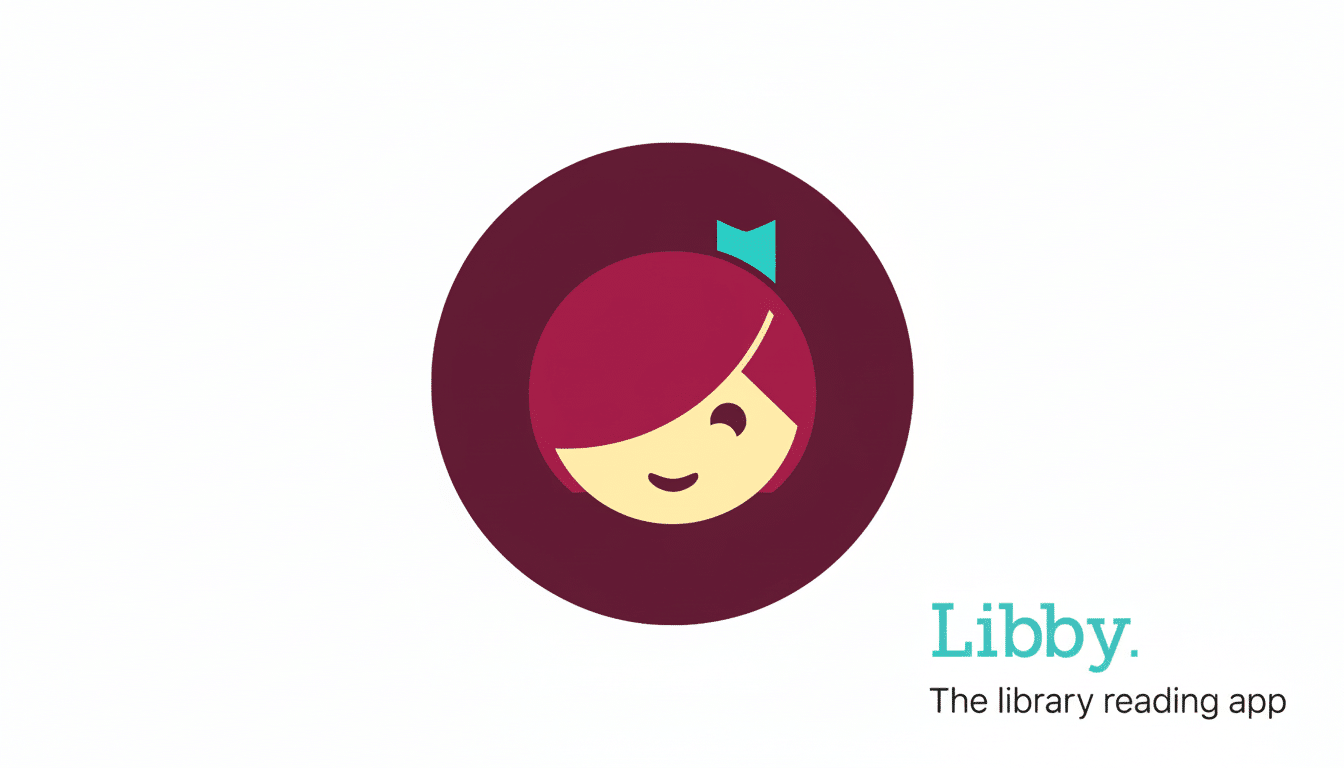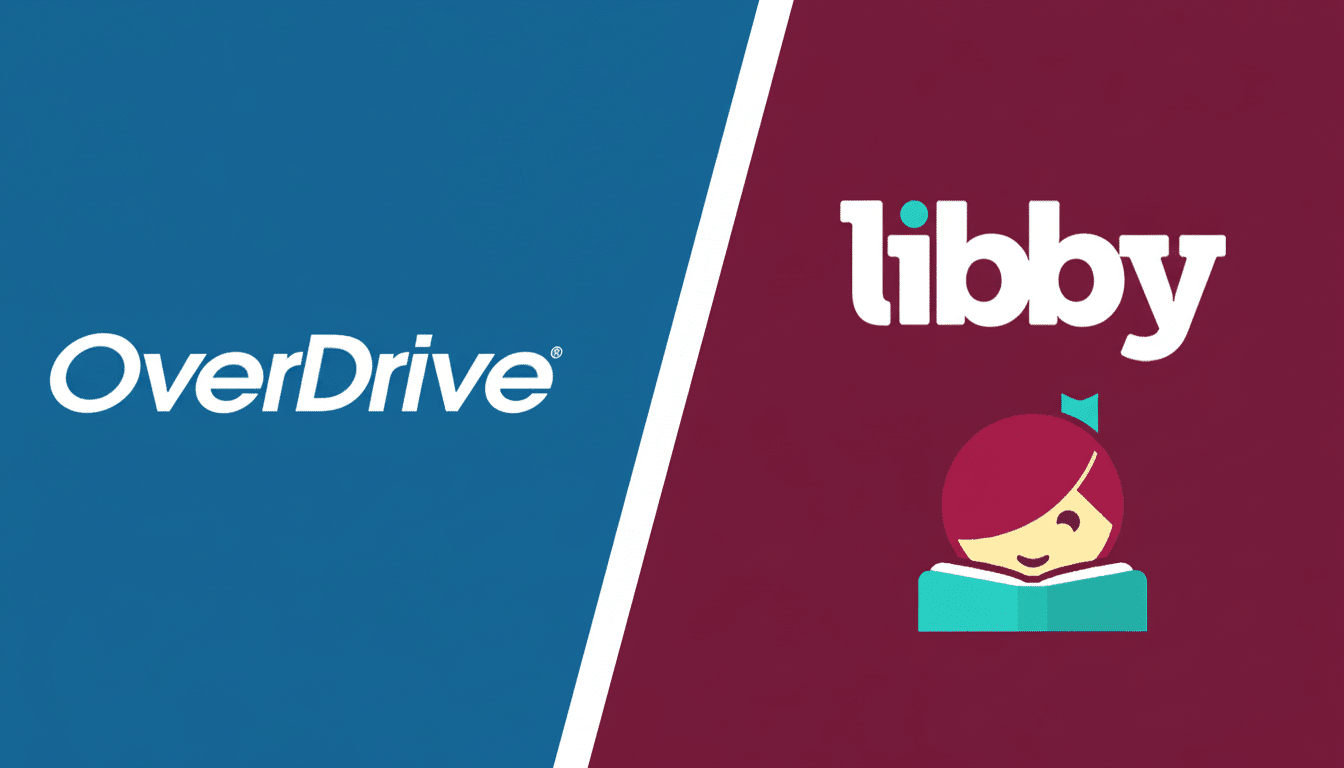Libby, the widely used library e-book app, has made a subtle but meaningful change to how it works. The change eliminates the longstanding “deliver later” option and replaces it with a more constricted form of a suspension feature that forces readers to be more hands-on in their management — and is live today.
What actually changed in Libby’s holds management
Before, when you had a title on hold become available, you could pick “deliver later” and move that loan anywhere from a week to about six months. That way you could stagger the arrival when multiple holds landed at once.
- What actually changed in Libby’s holds management
- Why OverDrive switched to a new holds suspension system
- How the new queue logic works for suspended holds
- How it affects your reading routine and notifications
- What the impact might be on wait times and access
- How to manage or unsuspend holds in the Libby app
- Bottom line: what Libby’s new hold rules mean for you

Today, Libby has transitioned to a suspend/unsuspend mechanism. If you suspend a hold, you continue to move up the list, but won’t receive the book until you turn off your suspension. Suspended holds will expire automatically after 12 months if they are not unsuspended by you.
Any “deliver later” selections have been changed into suspended holds. In other words: the buffer is still around, but you have to re-enable delivery when you’re ready to read.
Why OverDrive switched to a new holds suspension system
OverDrive, the parent company of Libby, said that the change was a response to frustrations expressed by libraries about long wait lists, limited budgets and holds that go unclaimed. When readers held on to them for months, copies would frequently lie idle, or worse, go through a handful of timeouts before ending up with someone actually ready to borrow them, holding up all the people waiting in line behind them.
Library leaders have publicly vented about digital demand far outstripping budgets. OverDrive said it set a digital circulation record, with more than 600 million checkouts in its most recent annual tally — and the American Library Association has again complained about steep ebook licensing fees as well as metered ownership models that require libraries to repurchase popular titles after a certain number of lends or years. In that type of venue, trimming “wasted” holds can indeed speed access and stretch dollars.
How the new queue logic works for suspended holds
An important clarification: Pausing a hold doesn’t put you in the end zone. You continue to advance. If you hit No. 1 (or break into the top five) but are suspended at that time, you will get the next available copy when you resume delivery. That’s right, you can still keep the value of your position while avoiding a delivery that would be annoying.
Example: If you’re third in line for a buzzy audiobook and suspend the hold during a busy month, you’ll keep advancing to second place, then first. Unsuspend the hold when your schedule clears and you can receive the next copy that comes back rather than having to start all over again.
How it affects your reading routine and notifications
This is a push toward active hold management. Gone is the “set and forget” comfort of multi-month delays. The hold will expire if you suspend and don’t return within a year. And for heavy Libby users — those of us with dozens of holds and tags to manage — it’s probably a good idea to plan for a fast weekly check-in.

Notifications matter more now. Flip on push or email alerts so you can’t overlook the status changes. If you’re not sure whether you will be ready soon, consider releasing the hold and adding a “Notify Me” tag (or words to that effect) to monitor availability without taking up a spot in line — some libraries encourage this as a way to keep active lines moving.
If your library has “Lucky Day,” “Skip the Line” or express copies, look at those shelves for in-demand titles when you’re really ready to read; they’re meant to cut down long waits with shorter, one-time loans.
What the impact might be on wait times and access
Expect popular-title queues to tighten. Public library systems in major cities consistently display waits of months for best sellers. Hopefully, with fewer deferred or unclaimed deliveries the copies will turn around faster. Librarians also observe that decreased idle holds may enhance circulation metrics, which inform collection development choices and budget support.
Will it fix every bottleneck? No — publisher licensing terms and limited budgets mean libraries can only offer so many copies on those various apps. But getting rid of long-term “deliver later” will at least shave off some dead time from the pipeline.
How to manage or unsuspend holds in the Libby app
Open Libby and tap Shelf, then Holds. Any hold labeled Suspended is currently paused. Tap Manage Hold, select Unsuspend Hold, and tap OK. If you’re at the front of the queue, you receive the next available copy; if not, continue advancing normally.
Pro tip: If more than one hold will become available at the same time, unsuspend just the one you plan to delve into on-the-fly and let others wait. That holds your place in line without causing multiple deliveries you’re not going to be able to read within the loan period.
Bottom line: what Libby’s new hold rules mean for you
Libby’s new hold rules optimize for throughput and fairness at the expense of convenience to customers, who used to depend on months-long deferrals. If you adjust your workflow accordingly, mind the holds and set notifications, strategically unsuspend — you’ll keep your place in line, and help libraries get hot titles to waiting readers faster.

